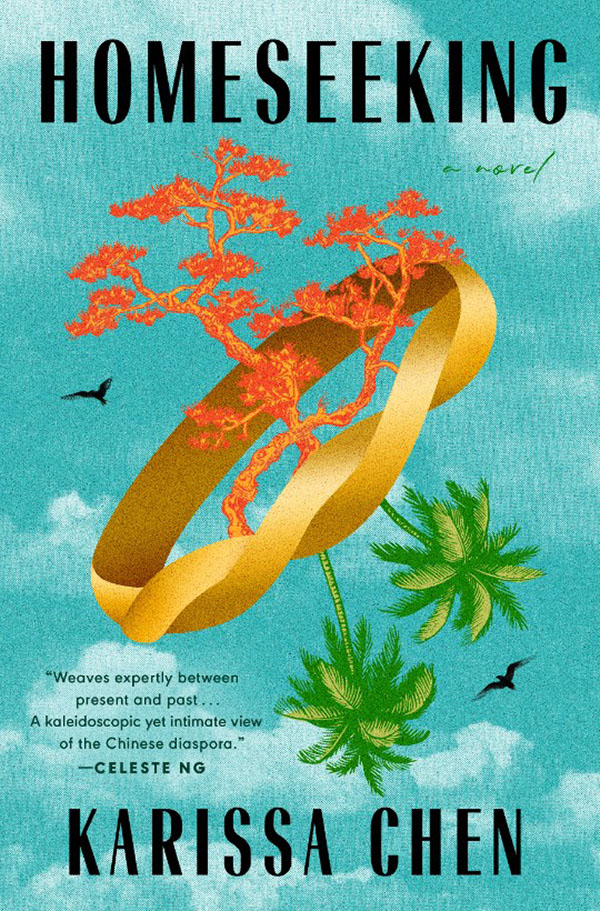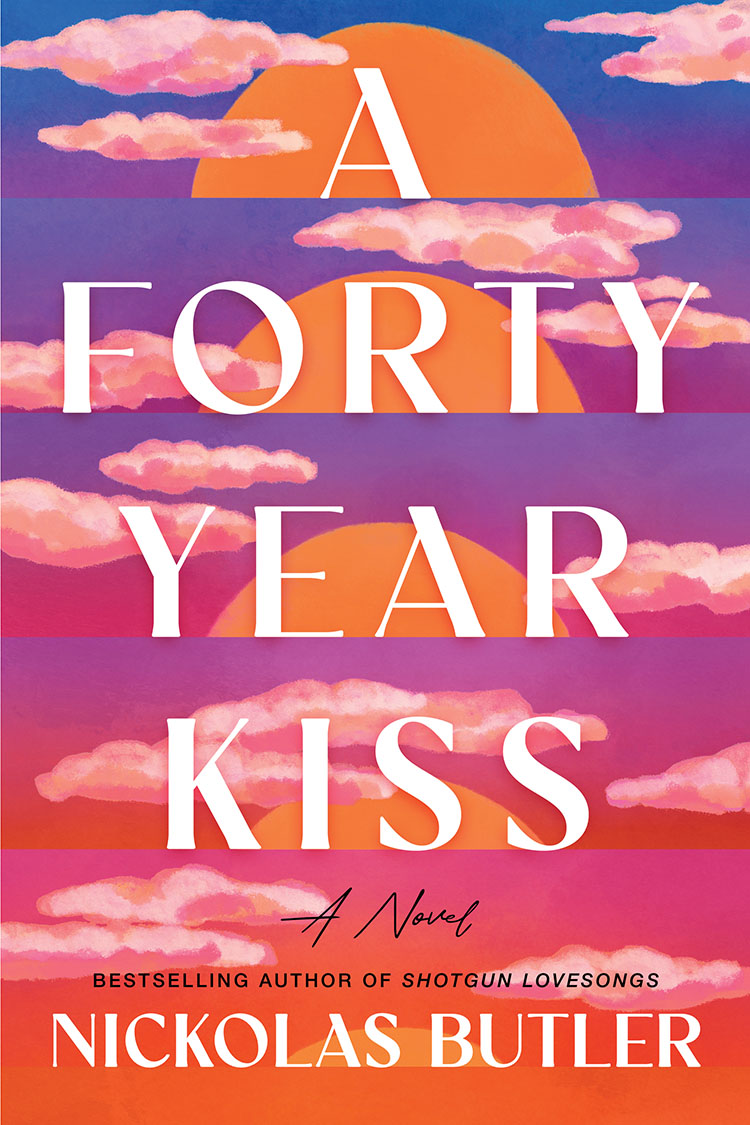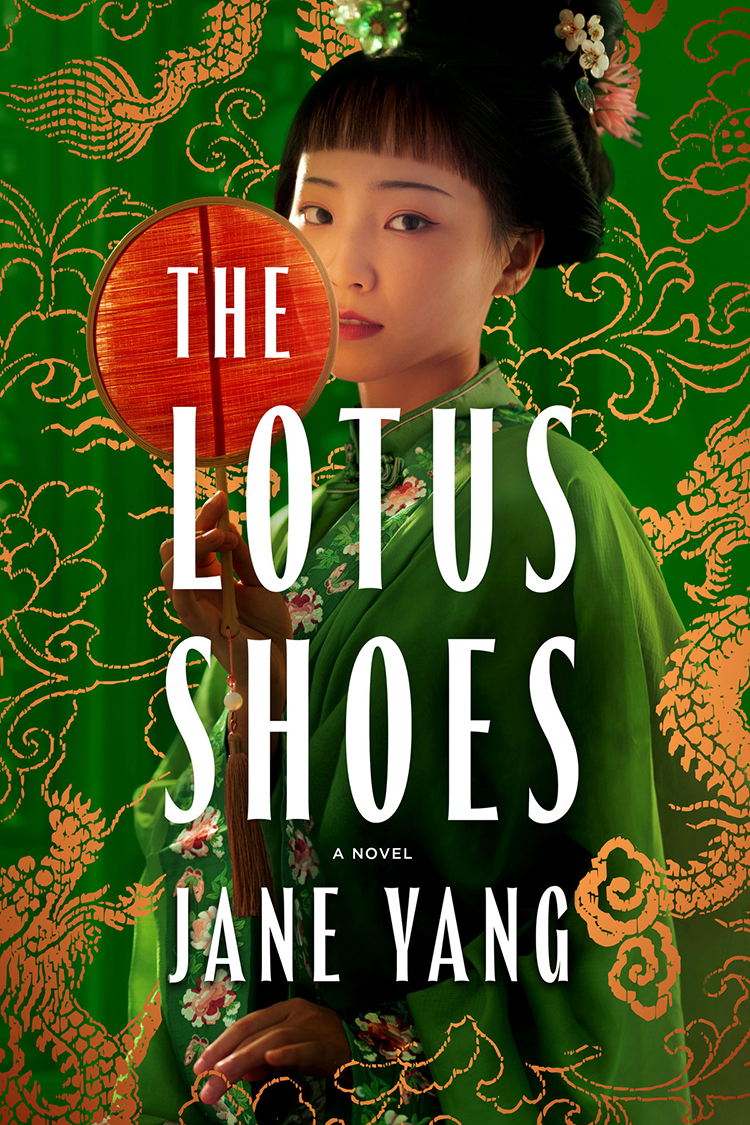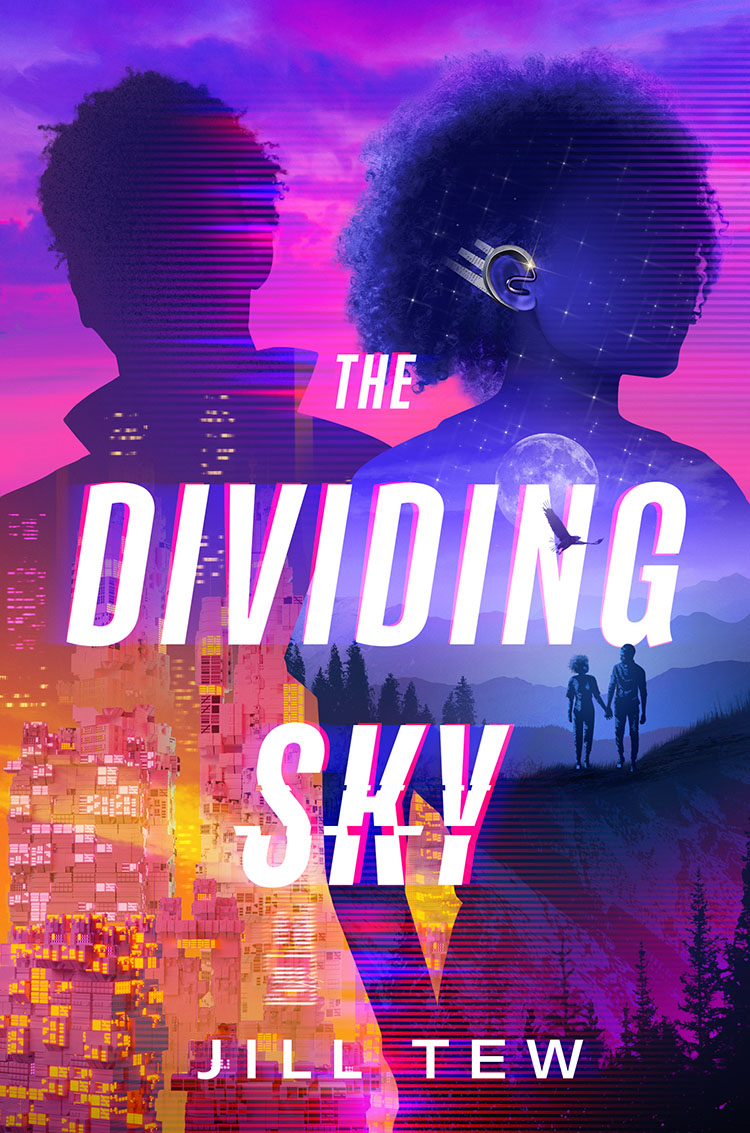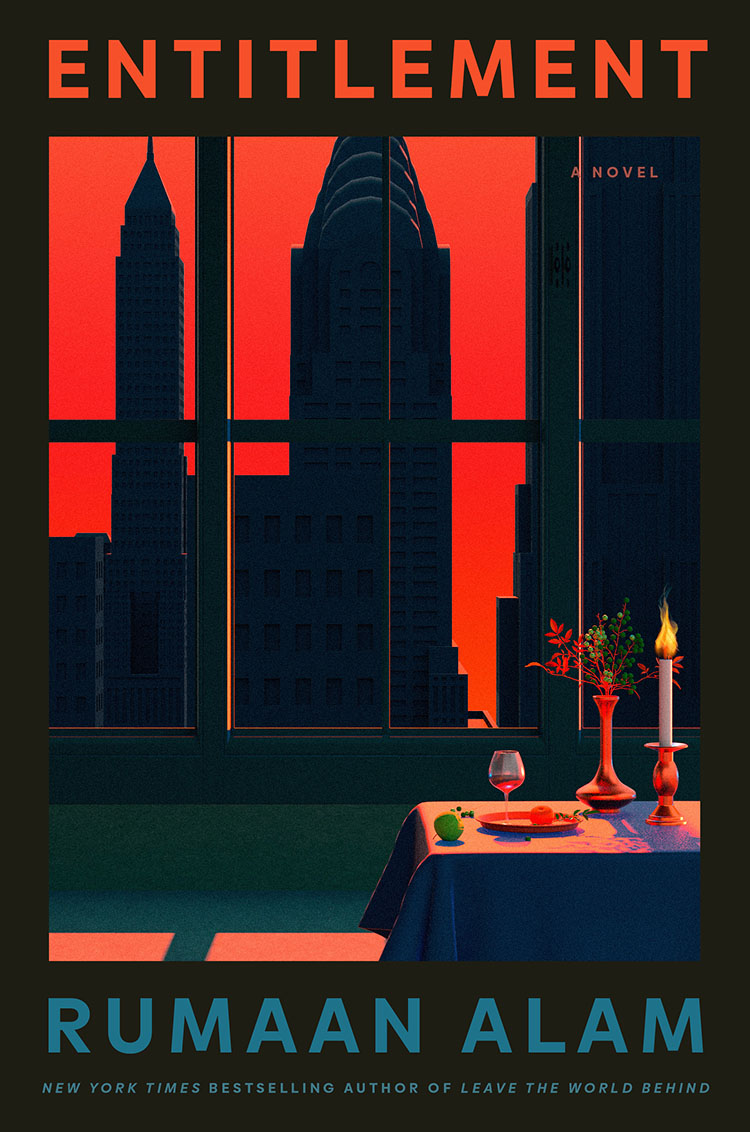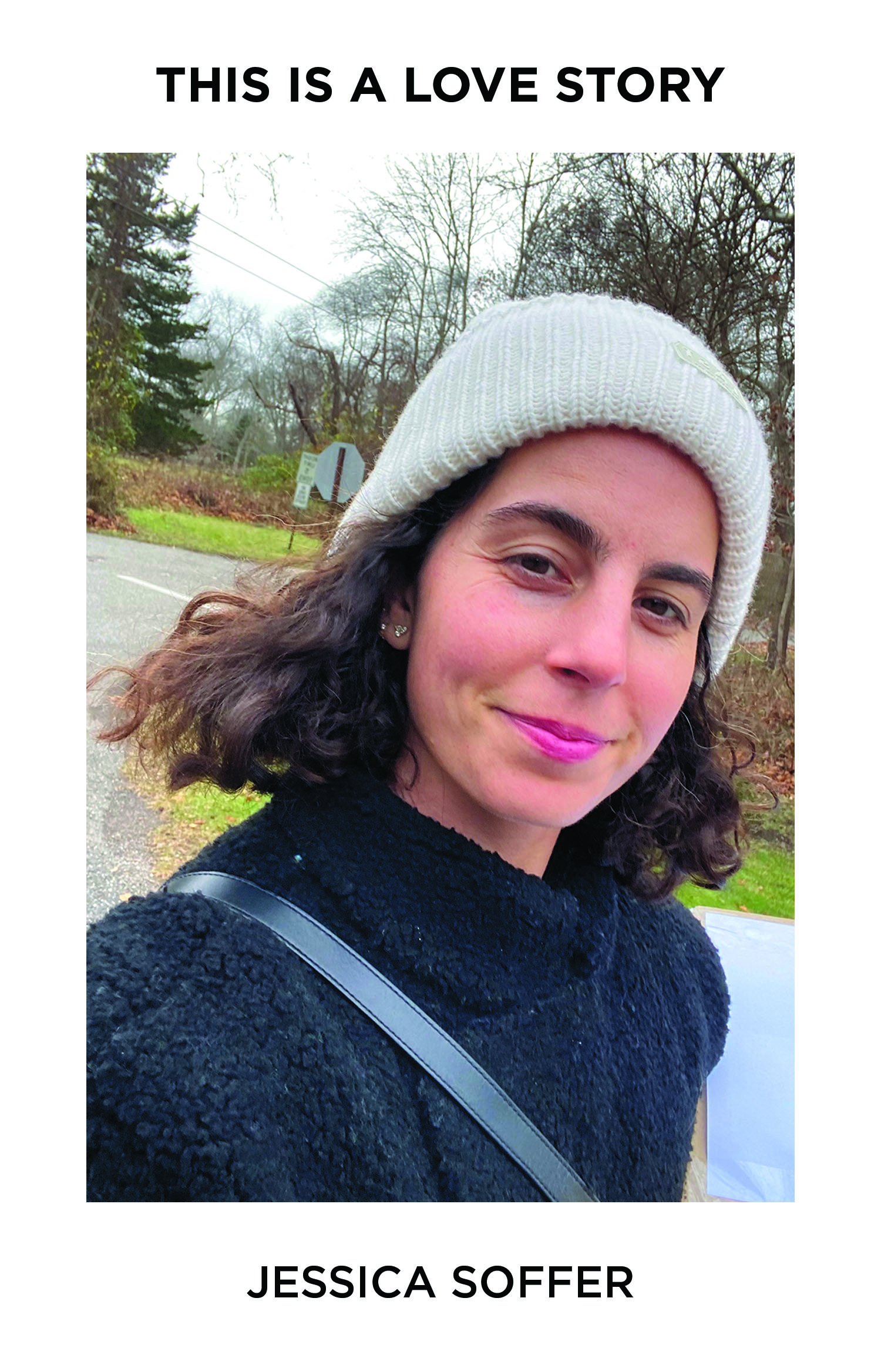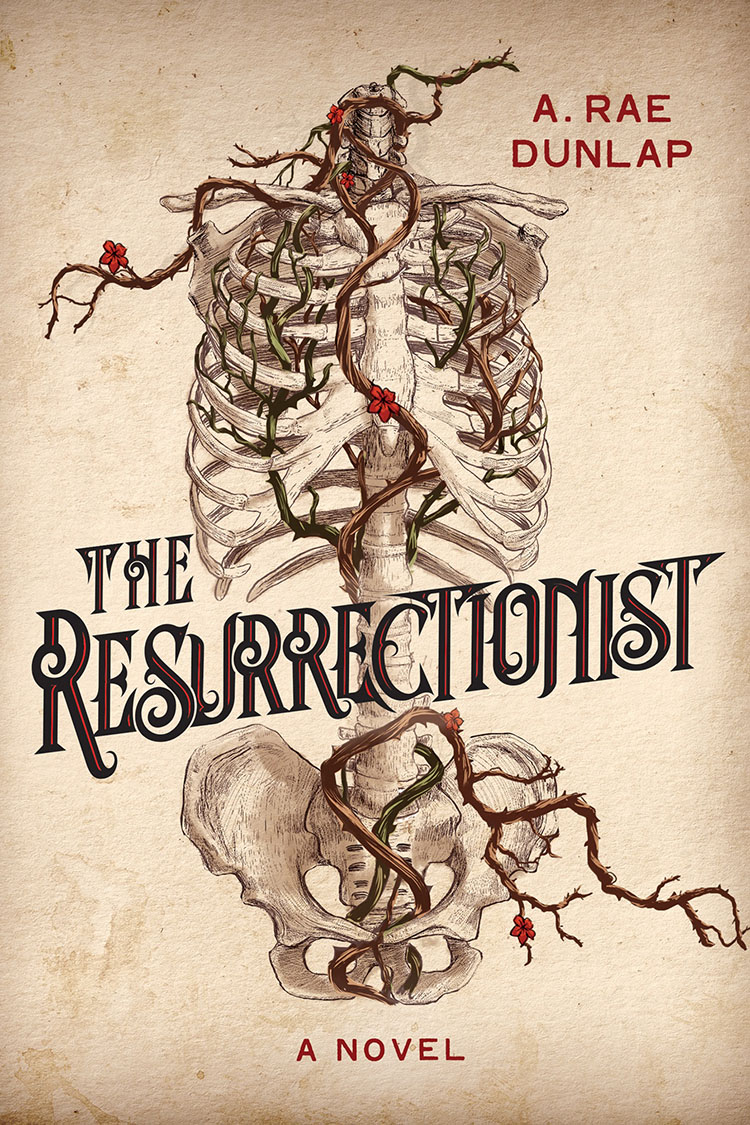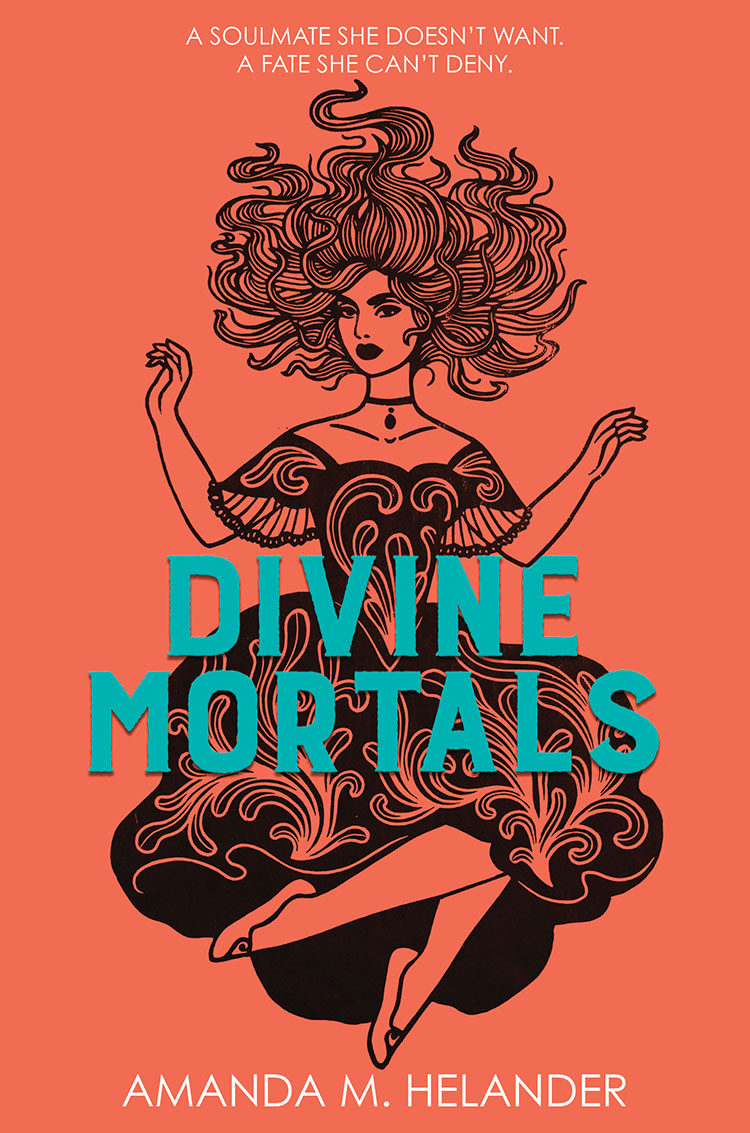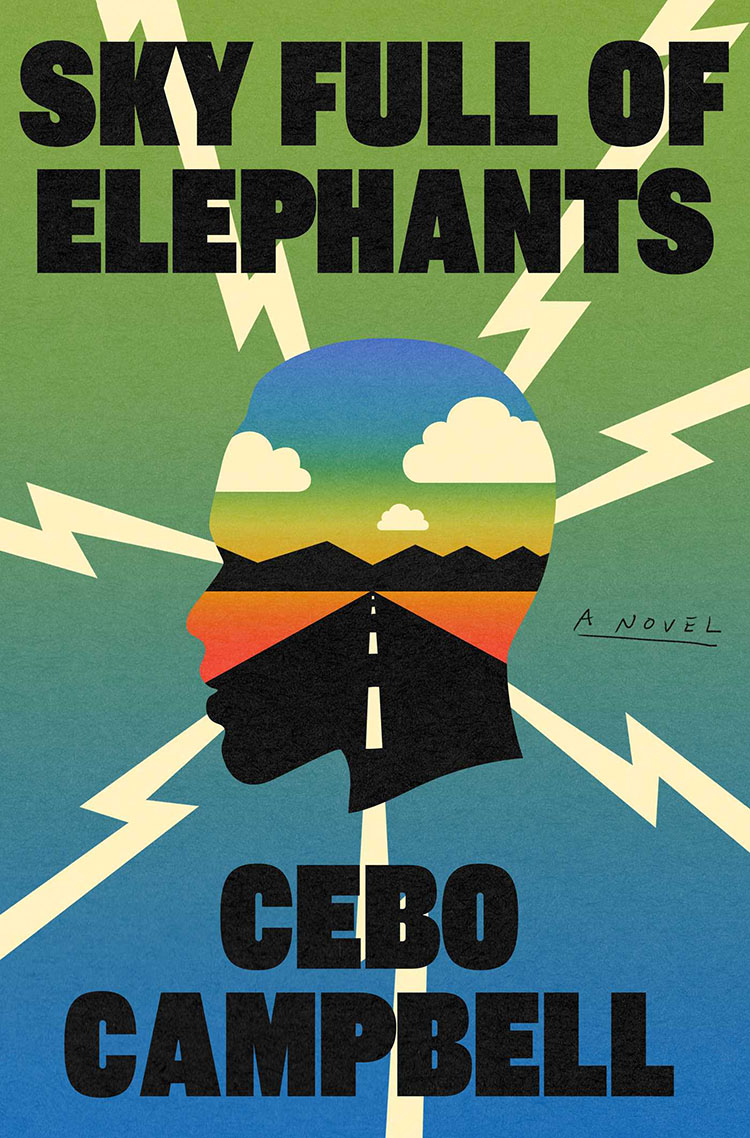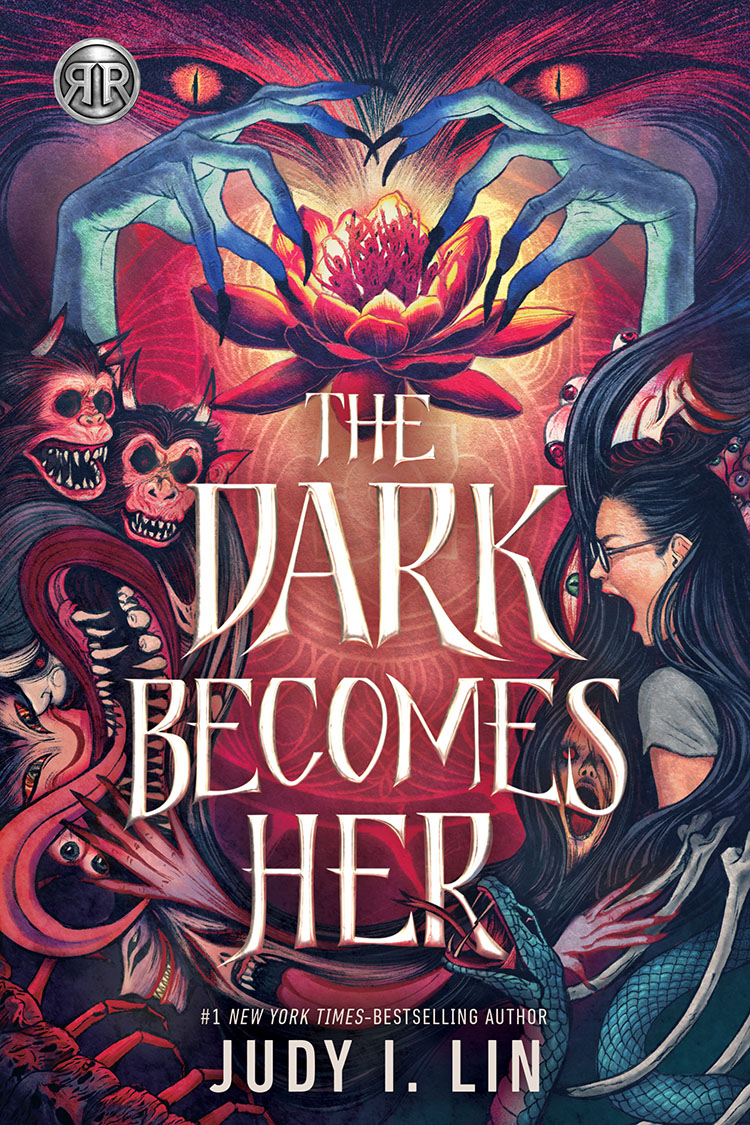To build healthy and lasting parent-child relationships, parents need practical strategies that meet their child’s needs and the circumstances that affect their families. Written for parents of children from toddlers to teens, this book gives parents a science-based plan to help their children grow up to be emotionally healthy adults. A parent’s job unfolds and shifts over time. Concerns about sleep become worries about tantrums; anxieties about sharing become fears about grades and acting out in school. These concerns are natural, but many parents struggle to handle it all. Some feel drained, some lash out, and some feel like the worst parents in the world. This book might be time to recalibrate. This book aims to help unwind any confusion you may feel as a parent and create greater confidence as you embrace this fulfilling but challenging role.
Archives
Wolf Hustle
Cin Fabré didn’t learn about the stock market growing up, but from her neighborhood and her immigrant parents, she learned how to hustle. At only nineteen years old, she pushed herself into brokerage firm VTR Capital a subsidiary belonging to Jordan Belfort aka the Wolf of Wall Street. During her ascent from cold caller to stockbroker—the only Black woman to do so at the firm—Cin endured constant sexual harassment and racism. Being a broker offered financial gain but no protection as Fabré continued to face propositions from other brokers and clients who believed that their investment money was a down payment on her body. In Wolf Hustle the author examines her years spent trading frantically—and hustling successfully—and Fabré grapples with what is most meaningful in life, ultimately beating Wall Street at its own game.
Slenderman
On May 31, 2014, in Waukesha, Wisconsin, two twelve-year-old girls attempted to stab their classmate to death. Their violence was extreme but what seemed even more frightening was that they committed their crime under the influence of a figure born by the internet: the so-called “Slenderman.” Yet the even more urgent aspect of the story, that the children involved suffered from undiagnosed mental illnesses, often went overlooked in coverage of the case. This is the full story told for the first time in deeply researched detail, using court transcripts, police reports, and exclusive interviews. Both a page-turning true crime story and search for justice, Slenderman examines the failures of the American judicial system, the trials of adolescence, and the power of the internet.
Maybe We’ll Make It
When Margo Price was nineteen years old, she dropped out of college and moved to Nashville to become a musician. She busked on the street, played open mics, and even threw out her TV so that she would do nothing but write songs. She met Jeremy Ivey, a fellow musician who would become her closest collaborator and her husband. But after working on their craft for more than a decade, Price and Ivey had no label, no band, and plenty of heartache. Maybe We’ll Make It is a memoir of loss, motherhood, and the search for artistic freedom in the midst of the agony experienced by so many aspiring musicians: bad gigs and long tours, rejection and sexual harassment, too much drinking and barely enough money to live on. Price, though, refused to break, and turned her lowest moments into the classic country songs that eventually comprised the debut album that launched her career. In the authentic voice hailed by Pitchfork for tackling “Steinbeck-sized issues with no-bullshit humility,” Price shares the stories that became songs, and the small acts of love and camaraderie it takes to survive in a music industry that is often unkind to women. Now a Grammy-nominated “Best New Artist,” Price tells a love story of music, collaboration, and the struggle to build a career while trying to maintain her singular voice and style.
Fieldwork
Not long after Iliana Regan’s celebrated debut, Burn The Place, became the first food-related title in four decades to become a National Book Award finalist, her career as a Michelin-star-winning chef took a sharp turn north. Long based in Chicago, she and her new wife, Anna, decided to create a culinary destination, the Milkweed Inn, located in Michigan’s remote Upper Peninsula, where much of the food served to their guests would be foraged by Regan herself in the surrounding forest and nearby river. Part fresh challenge, part escape, Regan’s move to the forest was also a return to her rural roots, in an effort to deepen the intimate connection to nature and the land that she’d long expressed as a chef, but experienced most intensely growing up.
As Regan explores the ancient landscape of Michigan’s boreal forest, her stories of the land, its creatures, and its dazzling profusion of plant and vegetable life are interspersed with her and Anna’s efforts to make a home and a business of an inn that’s suddenly, as of their first full season there in 2020, empty of guests due to the covid-19 pandemic. She discovers where the wild blueberry bushes bear tiny fruit, where to gather wood sorrel, and where and when the land’s different mushroom species appear—even as surrounding parcels of land are suddenly and violently decimated by logging crews that obliterate plant life and drive away the area’s birds. Along the way she struggles not only with the threat of covid, but also with her personal and familial legacies of fear, addiction, violence, and obsession—all while she tries to conceive a child that she and her immune-compromised wife hope to raise in their new home.
With Burn The Place, Regan announced herself as a writer whose extravagant, unconventional talents matched her abilities as a lauded chef. In Fieldwork, she digs even deeper to express the meaning and beauty we seek in the landscapes, and stories, that reveal what informs, shapes, and nurtures our lives.
Waging a Good War
With a masterful command of storytelling, Ricks deftly narrates the movement’s triumphs and defeats. He follows King and other key figures from Montgomery to Memphis, demonstrating how the philosophy of nonviolence encompassed active and even aggressive methods of confronting the Movement’s adversaries, both on the ground and in the court of public opinion. While bringing legends such as Fannie Lou Hamer and John Lewis into new focus, Ricks also highlights lesser-known figures who played critical roles in fashioning nonviolence into a potent weapon—the activists James Lawson, James Bevel, Diane Nash, and Septima Clark foremost among them. He also offers a new understanding of the Movement’s later difficulties as internal disputes and white backlash intensified. Rich with fresh interpretations of familiar events and overlooked aspects of America’s civil rights struggle, Waging a Good Waris an indispensable addition to the literature of racial justice and social change—and one that offers vital lessons for our own time.
Sink
“A brilliant and brilliantly different” (Kiese Laymon), wrenching and redemptive coming-of-age memoir about the difficulty of growing up in a hazardous home and the glory of finding salvation in geek culture by Joseph Earl Thomas, winner of the 2020 Chautauqua Janus Prize.
Being the Change
You can’t take care of the world without taking care of yourself.
Being the Change is written for activists who work in organizations with social missions, and those who are involved in social change outside of their jobs. It provides empirically supported self-care strategies from cognitive behavior therapies and other psychological interventions for coping with the challenges of difficult yet meaningful work.
Although therapy can often help alleviate anxiety or depression, individuals can also apply therapy-based strategies as part of their self-care.
This book is a practical guide that helps readers enhance their ability to be effective agents of change.
Readers will learn how to clarify their values, identify their strengths, manage their emotions and relationships, and incorporate self-care as part of their personal and professional development.
A rich catalog of case examples, exercises, and actionable ideas make this book a comprehensive toolkit for people who want to take their social engagement to the next level in a healthy and productive wa
The Mosquito Bowl
An extraordinary, untold story of the Second World War in the vein of Unbroken and The Boys in the Boat, from the author of Friday Night Lights and Three Nights in August. When the Japanese attacked Pearl Harbor, college football was at the height of its popularity. As the nation geared up for total war, one branch of the service dominated the aspirations of college football stars: the United States Marine Corps. Which is why, on Christmas Eve of 1944, when the 4th and 29th Marine regiments found themselves in the middle of the Pacific Ocean training for what would be the bloodiest battle of the war —the invasion of Okinawa—their ranks included one of the greatest pools of football talent ever assembled: Former All Americans, captains from Wisconsin and Brown and Notre Dame, and nearly twenty men who were either drafted or would ultimately play in the NFL. When the trash-talking between the 4th and 29th over who had the better football team reached a fever pitch, it was decided: The two regiments would play each other in a football game as close to the real thing as you could get in the dirt and coral of Guadalcanal. The bruising and bloody game that followed became known as “The Mosquito Bowl.” Within a matter of months, fifteen of the 64 the players in “The Mosquito Bowl” would be killed at Okinawa, by far the largest number of American athletes ever to die in a single battle. The Mosquito Bowl is the story of these brave and beautiful young men, those who survived and those who did not. It is the story of the families and the landscape that shaped them. It is a story of a far more innocent time in both college athletics and the life of the country, and of the loss of that innocence. Writing with the style and rigor that won him a Pulitzer Prize and have made several of his books modern classics, Buzz Bissinger takes us from the playing fields of America’s campuses where boys played at being Marines, to the final time they were allowed to still be boys on that field of dirt and coral, to the darkest and deadliest days that followed at Okinawa.
Blood Orange Night
Brain on Fire meets High Achiever in this visceral, propulsive memoir detailing a woman’s accidental descent into prescription benzodiazepine dependence and the life-threatening impacts of the drugs’ long-term use. As Melissa Bond raises her infant daughter and a special-needs one-year-old son, she suffers from unbearable insomnia, sleeping an hour or less each night. She loses her job as a journalist (a casualty of the 2008 recession), and her relationship with her husband grows distant. Her doctor casually prescribes benzodiazepines—a family of drugs that includes Xanax, Valium, Klonopin, Ativan—and increases her dosage on a regular basis. Following her doctor’s orders, Melissa takes the pills night after night; her body begins to shut down and she collapses while holding her infant daughter. Only then does Melissa learn that her doctor—like many doctors—has over-prescribed the medication and quitting cold turkey could lead to psychosis or fatal seizures. Benzodiazepine addiction is not well studied, and few experts know how to help Melissa as she begins the months-long process of tapering off the pills without suffering debilitating, potentially deadly consequences. Lyrical and immersive, Blood Orange Night shines a light on the prescription benzodiazepine epidemic as it reaches a crisis point in this country.


